The 21st century marked the beginning of an era when scientists could literally get into the human brain and debunk all myths concerning its inner workings. For example, its size and weight aren't connected to its intelligence level. Scientists began testing and observing methods to improve the way the brain works and develops new skills from scratch at any age. Special agents, athletes, astronauts, doctors, and biohacking enthusiasts actively use these discoveries.
Bhaskar Health will tell you about popular misconceptions regarding the brain and offer you several good ways to improve its productivity.
Myth: The brain never gets tired.
Truth: The brain can't get tired of doing intellectual work, but psychological and physical states can influence your concentration and activity. Recent research has shown that the brain works better where you can hear the sound of waves, feel the salty breeze, see all shades of blue, and feel the warm sand. That's why we regain our strength much faster near the ocean.
- What to do: Try halotherapy, take a walk in the forest, go on vacation close to bodies of water, and don't be shy about walking barefoot during the summer. Try going to the beach as often as you can.
Myth: You won't become a math genius by drawing.
Truth: Draw every time you can't solve a complicated task or have to make a difficult decision. Drawing activates the work of both hemispheres of the brain and you'll come up with the right solution much quicker. Integrated studies showed that kids learn math better and memorize information quicker if they illustrate the new material or doodle in their notebooks.
- What to do: Doodle or draw for 10–20 minutes. Use your non-dominant hand. For example, if you're left-handed, use your right hand. Try to do it every day and you'll notice a positive effect in just one month.
Myth: Swings are for kids.
Truth: Playing on the swings during early childhood promotes the development of certain parts of the brain responsible for speech and information processing. Swinging and spiraling strengthen the vestibular apparatus in the ear at any age by improving spatial orientation skills. This fact has been proven by astronauts.
- What to do: Play on the swings for 15–20 minutes, 2–3 times a week and never miss a ride on a merry-go-round. It'll spare you from seasickness, as well as the symptoms from excessive drinking.
Myth: Psychic abilities don't exist.
Truth: A thing called the sixth sense is often observed among people who have had to develop certain sense organs. For example, blind people can sense the space around them, while concentrating on their sense of hearing, smell, or the work of skin receptors. To function properly their brain creates a special map based on the received information.
- What to do: Several times a week practice doing certain things using earplugs - try walking backwards or play "What's in the box?", where you have to guess which objects are hidden in a box.
Myth: Chess is the best sport for the brain.
Truth: The brain works better during complex physical training. During a full body workout hormones responsible for memory, assimilation of new skills, and preservation of neurons are being produced. For example, during an experiment study subjects had to solve tasks. During the break, group A was stretching, group B was resting. The results showed that the resting group failed the task.
The important thing is to avoid putting your health at risk during training. Rugby players often have brain disorders due to regular head injuries that happen during each game.
- What to do: Don't rely on chess and crosswords only. Swim, dance, and do yoga to develop your whole body.
Myth: Milk is good for your brain.
Truth: Milk has a lot of contraindications. Consuming other dairy products is much better for your brain and body than milk. Wine, chocolate, and other products that have a positive effect on your brain haven't been proven yet and should be consumed in moderate amounts.
Obesity destroys neural pathways, and sugar and trans fats lead to inflammation. The brain shifts to low-energy work and falls into a depression. On the contrary, a lack of food can throw the brain off-balance: it uses all its energy to get food and can make a person become aggressive and irritable. The brain lifespan then shortens and the risk of brain disorders increases.
- What to do: Include fatty fish, caviar, nuts, fruits, and vegetables to your everyday diet. Try the ketogenic diet (but first consult your doctor).
Myth: Many skills can only be learned in childhood.
Truth: Almost any skill can be learned and developed in adulthood.
For example, surgeons have started taking violin lessons after age 30 in order to develop their fine motor skills. Special agents have to play video games to improve their reaction speeds, logic, and proper behavior on a mission.
- What to do: Don't be afraid to do something you've been dreaming about as a child. New skills create new neural pathways preventing the brain from aging. Don't be concerned about the age range: during the Olympics in Pyeongchang, Mexico was represented by a 40-year-old athlete in alpine skiing. He mastered this sport in just one year.
Myth: Positive thinking is for the young and inexperienced.
Truth: Optimists cope with failures easier and reach goals faster. On the contrary, pessimism and constant worrying increase the risk of heart attack by up to 29% and the risk of cancer by up to 41%. Even if your attitude toward life is determined by your genes, your life experience can form you as a person. That's why many psychologists recommend developing a so-called positive distortion.
- What to do: There is an online training tool that you can practice daily. You look at 9 different people and find the smiling one as quickly as possible. Regular training changes the way your brain perceives the world and lowers anxiety.
Myth: Some people are mathematically-inclined, others are not.
Truth: Basic understanding of math is an instinct. It's an important survival skill. For example, symmetry indicates a ripe fruit and "a sense of numbers" helps to determine the number of people in the enemy tribe.
The ability to do math is developed differently among people, but it can be improved even in adulthood. It has a positive impact on memory work and is good for creative work.
- What to do: Begin with simple things — play Monopoly and Scrabble, check out simple math problems and tactile games, and count your expenses in your head when you shop. Visit this website — it's considered to be the best online resource that can help anyone improve their math skills.
Myth: Drinking coffee every day is good for memory.
Truth: Caffeine boosts brain function and can postpone age-related memory disorders, but you don't have to drink it on a regular basis. You can dramatically improve your memory and enrich your knowledge pool by reading a lot of books.
- What to do: Read at least 1–2 books of different genres per week. Re-read old ones to "renew the data." If you don't use the information for a long time, the brain can erase it from your memory.
Myth: Virtual maps and navigation systems develop spatial orientation.
Truth: After having used a navigational system for a long time, people tend to forget the location of the main streets.
That's why London cab drivers have to memorize the location of 25,000 streets by heart to get a license to work. Knowing the main streets and being able to use maps boosts the part of the brain that is responsible for spatial orientation, de-stressing, and change of behavior strategies.
- What to do: Ditch the navigational system in favor of paper maps and pay attention to guiding landmarks, like the position of the sun. Soon you'll be able to find a certain location even in another city.
Myth: Electrical stimulation burns up the brain.
Truth: Electrical stimulation of the brain is mainly used by scientists, special agents, athletes, gamers, and people who are trying to recover from a traumatic brain injury or a stroke. This therapy improves concentration, boosts logical thinking, improves reaction rate, increases verbal memory, and evokes imagination. For example, it's known that during a test, one of the test subjects failed to complete a hard logical task. After a course of electrical stimulation 40% of the test subjects came up with the right answer.
- What to do: You can begin this therapy only after a consulting with a doctor to prevent yourself from any harm.
Myth: Pleasure center stimulation improves brain function.
Truth: The hormone dopamine raises the feeling of pleasure when you eat sweets, drink alcohol, or fall in love. It temporarily turns up the brain function and then reduces its productivity, demanding a new "dose."
The hormone serotonin can boost brain function for a longer period of time than dopamine and it's produced when you feel personal fulfillment, laugh, or share a favorite hobby with a pleasant person (for example, watching a movie or having lunch). In these cases, you can make an exception and drink wine together or eat sweets.
- What to do: Spend more time with friends, travel more, meet new people, and share positive emotions with your family.
Are you ready to test these techniques on yourself? Share your opinion with us in the comments.


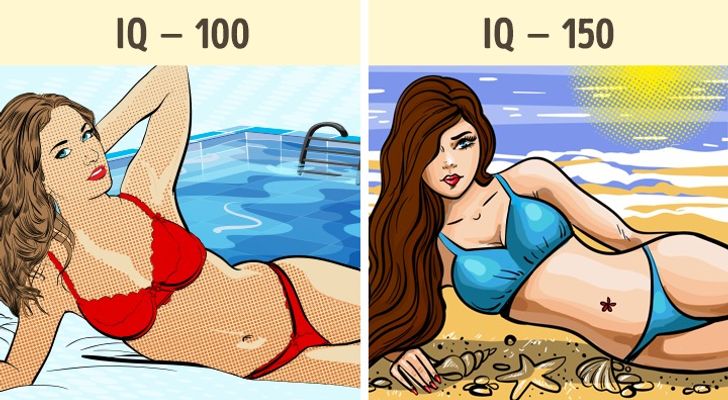
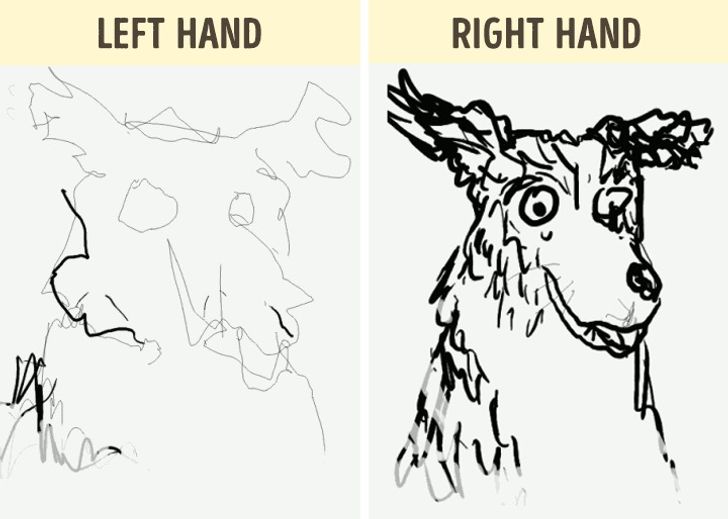
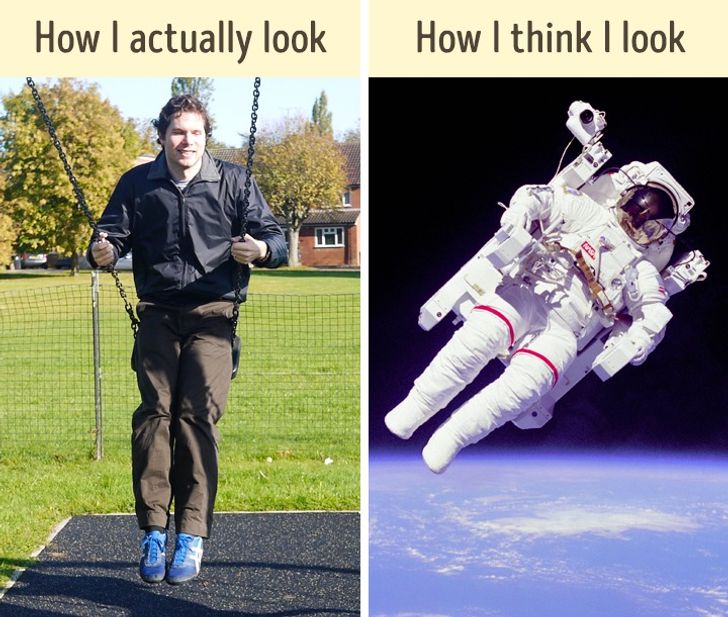

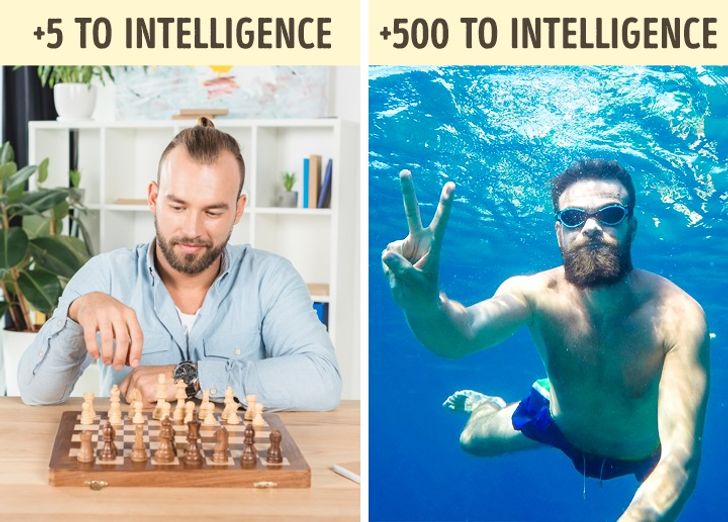
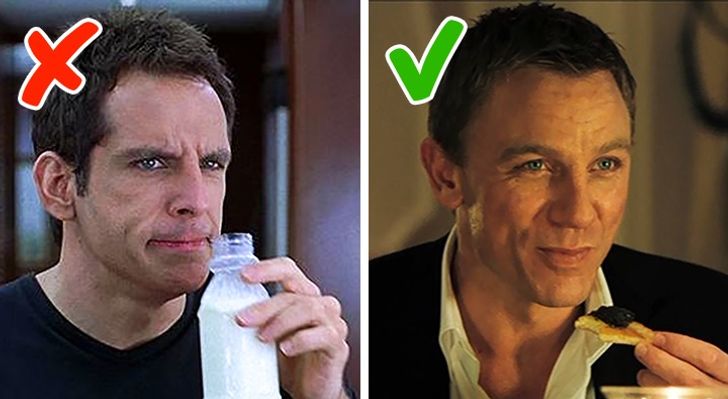


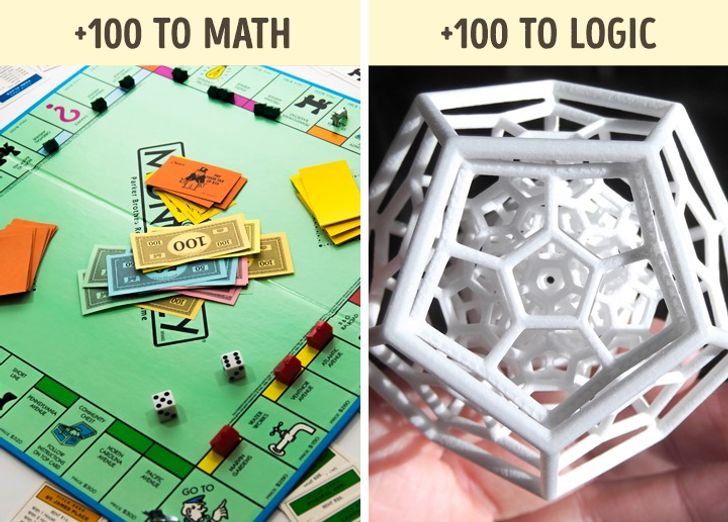
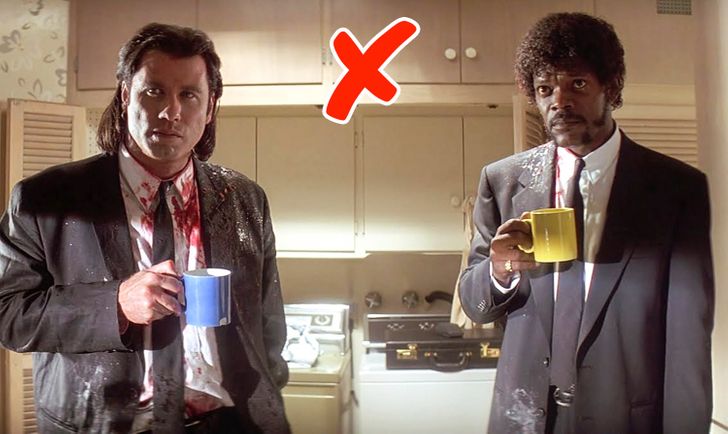

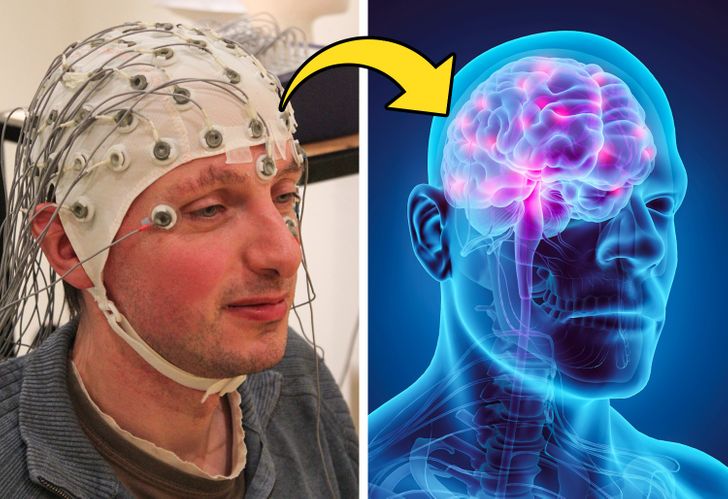

0 Comments